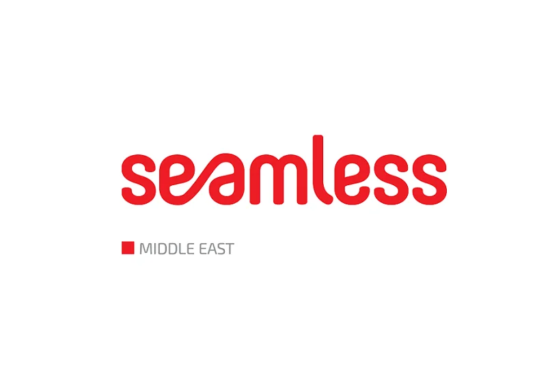
By Pankaj Goel | CEO and Co-founder | Opkey
Originally published on Forbes.com
When writing about artificial intelligence (AI) in software, it’s hard not to fall into some of the same old clichés we see so often. Yes, these radical innovations are changing everything from payroll to recruiting, but as we move forward, it’s important to examine another angle: responsibility and governance.
“Adopting an AI governance platform is more than just a compliance issue; it is a strategic imperative for organizations that hope to thrive in the AI era,” explained Raghunandhan Kuppuswamy, research manager for AI software at IDC.
His message is that we must do more than the minimum when it comes to AI regulation and compliance, and I agree. As providers and supporters of AI technology, corporate leadership teams have a responsibility to develop norms and rulebooks to ensure that the impact of AI is beneficial.
I’ve experienced first-hand the issues that arise when implementing AI tools in the field of ERP test automation at Opkey. We’ve seen huge gains in productivity and development efficiency. But it’s not just about product success: we’re accountable not only for what these tools do now, but also for their potential impact in the future.
In highly complex systems, this is more than just a cursory glance. It is an ongoing conversation, a way of working, and a real accountability perspective that leaders must take. It should bring together people from all walks of life, and the conversation needs to include stakeholders from different positions, each bringing valuable perspectives.
So what are the key points of strategic analysis for AI governance? This is what I think about.
Strong data privacy and security measures
Protecting user data and maintaining consistent security protocols are fundamental to ensuring that AI is beneficial rather than detrimental to our systems. To this end, I recommend implementing strict data privacy measures and advanced security mechanisms to protect sensitive information. Ensure that your AI system meets the highest standards of data integrity and confidentiality to earn the trust of your users.
Regulatory Compliance and Proactive Governance
It’s critical to actively engage with regulators and comply with evolving AI governance frameworks. You can do this by actively working with industry regulators to ensure your AI systems meet legal standards, promote a culture of accountability, and prevent misuse. Staying ahead of regulatory changes allows you to set a benchmark for responsible AI development.
Continuous monitoring and transparency
You can’t create these AI-driven tools and then let them run wild without monitoring them. Ongoing control and transparency of AI operations are essential to maintaining ethical standards and operational excellence. Consider investing in state-of-the-art monitoring tools and processes to proactively track AI performance and troubleshoot issues. By increasing transparency, you can help stakeholders understand and evaluate your AI’s decision-making process, thereby increasing accountability and trust.
There are many more angles to this question – these three are just the tip of the iceberg of what we should be discussing every day as leadership teams and developers. So let this post be the beginning of a conversation, not the end.
Whether you are embarking on an AI initiative or looking to enhance an existing one, CEIR’s September AI Innovation Masterclass will provide the strategic framework and practical tools you need to thrive in the AI era. Expand your CEIR Predict gains with the previous day’s AI Innovation Masterclass! Learn more and register to attend here.
About the Author
Pankaj Goel is the Co-Founder, CEO and Executive Chairman of Opkey. He founded Opkey in 2016. Prior to that, he was the Co-Founder and CEO of Crestech Software Systems from 2005 to 2015.
The views and opinions expressed by bloggers are those of the authors and do not necessarily reflect the official policy or position of the International Association of Exhibitions and Events®. Any content provided by our bloggers or authors represents their views. All content provided in this blog is for informational purposes only. IAEE makes no representations as to the accuracy or completeness of any information found on this website or through any link on this website. IAEE is not responsible for any errors or omissions in this information and for the availability of this information.










Leave a Reply Cancel reply
You must be logged in to post a comment.